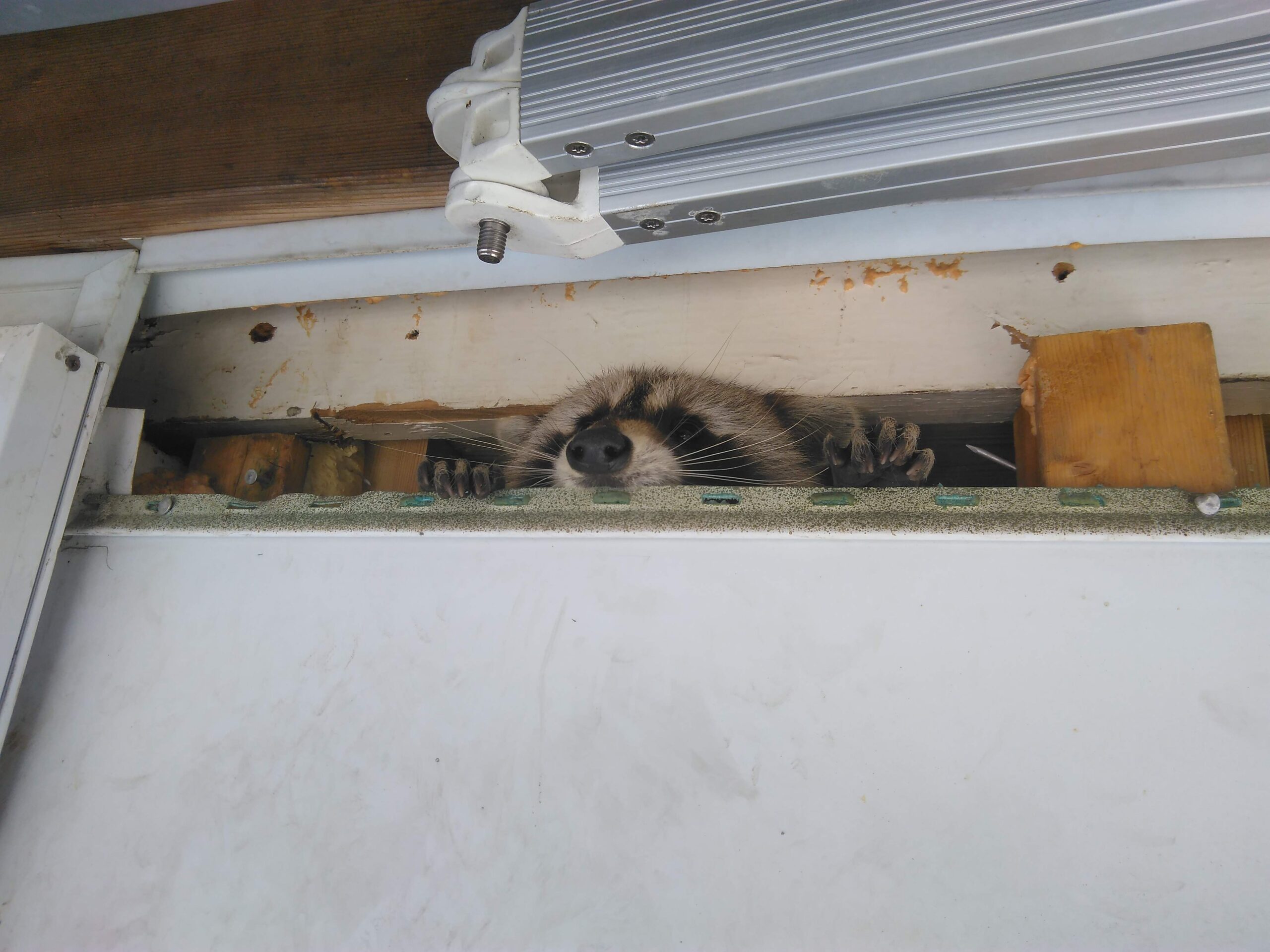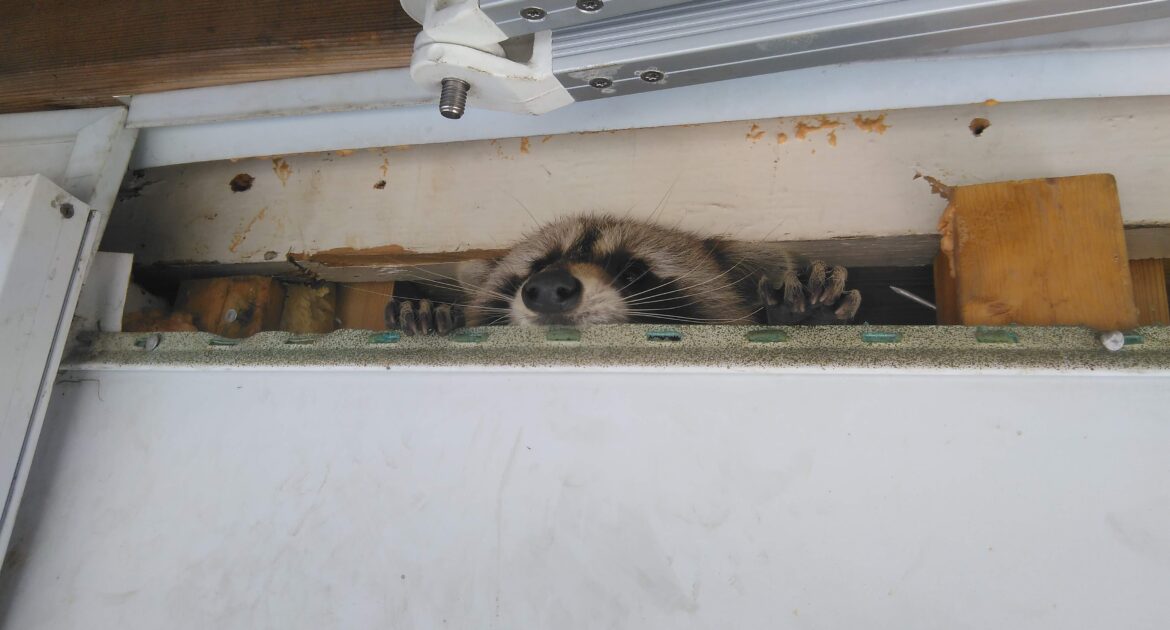Raccoons are often seen rummaging through trash cans or scurrying across roads, but not everyone knows much about these clever creatures. Although some people mistakenly think that raccoons are rodents, they are actually members of the Procyonidae family. Known for their striking black masks and bushy tails, raccoons have a knack for adapting to urban environments.
But what about natural threats? Despite their resourcefulness, raccoons have predators. Larger animals like coyotes, bobcats, and mountain lions pose significant threats to raccoons, especially in forested areas. Raptors, like owls and eagles, can also be a danger, particularly to young raccoons. In urban areas, though, these animals face fewer natural predators and are more threatened by traffic and encounters with humans.
Understanding what raccoon predators exist is crucial for managing populations and ensuring balance in ecosystems. Additionally, learning how to keep raccoons away from your property humanely can prevent unwanted encounters. By focusing on humane practices, you can coexist with these fascinating animals while protecting your space. Whether you’re a wildlife enthusiast or someone dealing with raccoon issues, knowledge about their predators and behaviors will help you better appreciate and manage your interactions with raccoons.
Natural Predators of Raccoons
Raccoons, despite their adaptability and cunning, face threats from several natural predators. Understanding who these predators are can shed light on the ecological balance that helps manage raccoon populations. Coyotes are among the most common predators of these animals. These opportunistic hunters are found throughout North America, often targeting young or weakened raccoons. Coyotes tend to hunt in packs, which increases their chances of capturing prey. The presence of coyotes in an area can significantly influence raccoon behavior, making them more cautious and less likely to roam during daylight.
Bobcats also pose a threat. These solitary and stealthy hunters are adept at stalking their prey unnoticed. Bobcats prefer wooded areas and can easily adapt to suburban environments, where they might encounter raccoons. Though bobcats typically focus on smaller prey like rabbits and birds, raccoons can fall victim to their hunting prowess, particularly juveniles or those caught off guard. The presence of bobcats can help maintain a balance in raccoon populations, preventing overpopulation and the problems that come with it.
Lastly, birds of prey like owls and eagles can target young raccoons. These aerial hunters excel at spotting movement from a distance, swooping down to snatch unsuspecting animals. While adult raccoons are generally too large for most birds of prey, young raccoons are vulnerable, especially if they stray from their mothers. Owls, in particular, are nocturnal hunters, which aligns with the raccoon’s activity patterns, increasing the chances of predation.
Human Interactions and Impacts
Raccoons are highly adaptable creatures, thriving in both urban and rural environments. This adaptability often leads them into human-populated areas, where they can become nuisances. Human interactions can significantly impact raccoon behavior and populations. Urbanization and habitat destruction can force raccoons to seek food and shelter in residential areas, leading to increased encounters between humans and raccoons. This can result in conflicts, as raccoons are known to raid garbage bins, gardens, and even attics in search of food and shelter. Such activities not only create a mess but can also lead to health risks, as raccoons carry diseases such as rabies and raccoon roundworm.
Efforts to manage raccoon populations and reduce human-wildlife conflicts have led to various strategies, including habitat modification and exclusion methods. By securing trash bins, removing food sources, and sealing entry points to homes, individuals can make their properties less attractive to raccoons. These measures help prevent raccoons from becoming a regular presence around homes, reducing the likelihood of encounters and potential damage. Education and awareness are crucial components of managing human-raccoon interactions. Understanding raccoon behavior, their role in ecosystems, and the importance of humane wildlife control methods can foster coexistence between humans and these resourceful animals.
How to Keep Raccoons Away from Your Property
Raccoons are resourceful creatures, often drawn to residential areas by the promise of food and shelter. To keep raccoons at bay, it’s essential to take preventive measures that make your property less inviting. One of the most effective ways to deter raccoons is by securing your trash. Raccoons have a keen sense of smell and are attracted to the scent of food scraps. To prevent them from rummaging through your garbage, use sturdy trash cans with tight-fitting lids. Consider placing bungee cords or weights on the lids to ensure they remain closed, even if a raccoon tries to pry them open.
In addition to securing trash, it’s crucial to eliminate potential food sources. Avoid leaving pet food outdoors overnight, and clean up any fallen fruits or nuts from trees in your yard. Compost piles can also attract raccoons, so ensure they are well-contained and maintained. By removing easy access to food, you reduce the incentive for raccoons to frequent your property. It’s important to identify and seal any entry points to your home or outbuildings. Raccoons are skilled climbers and can squeeze through surprisingly small openings. Inspect your property for gaps, holes, or damaged vents, and repair or seal them as needed. By taking these steps, you can create a raccoon-resistant environment, protecting your home and minimizing potential conflicts with these curious animals.
Why Skedaddle is the Best Choice for Wildlife Control in Atlanta
When it comes to wildlife control services, Skedaddle stands out as a leader in humane and effective solutions. Our commitment to customer satisfaction and animal welfare sets us apart from other providers. With over 30 years of experience, Skedaddle has built a reputation for excellence in wildlife management. Our team of experts is trained in the latest industry techniques and equipped to handle any wildlife challenge, from raccoons to squirrels and beyond. We prioritize the safety and well-being of both our clients and the animals we encounter, ensuring that every encounter is resolved with care and compassion.
What makes Skedaddle truly exceptional is our personalized approach to each case. We understand that no two situations are alike, and we take the time to assess each property and develop a tailored solution. By addressing the root causes of wildlife intrusion and implementing preventive measures, we provide long-lasting results that offer peace of mind to homeowners. Our dedication to humane practices is at the core of everything we do. We believe in treating animals with respect and care, utilizing exclusion methods and non-lethal techniques to manage wildlife encounters. This approach not only ensures the humane treatment of animals but also fosters a greater understanding and appreciation of the natural world.
Expertise and Humane Methods
Raccoons are fascinating animals, but when they wander too close to human habitats, they can become troublesome. Understanding the predators of raccoons and taking proactive measures to deter them from your property are essential steps in managing their presence. By implementing effective deterrents and securing your home, you can enjoy a harmonious coexistence with these clever creatures without the hassle.
For those who prefer professional assistance, Skedaddle offers the expertise and humane methods needed to address raccoon issues effectively. Our commitment to customer satisfaction and animal welfare ensures a safe and positive experience for all involved. If you’re facing raccoon challenges or simply want to prevent future encounters, consider reaching out to Skedaddle for reliable and compassionate wildlife control services.
Make the first move toward a raccoon-free home today. Contact Skedaddle in Smyrna to learn more about our services and how we can help you maintain a safe and welcoming environment. Our team is ready to assist you in creating a space where both humans and wildlife can thrive peacefully.





